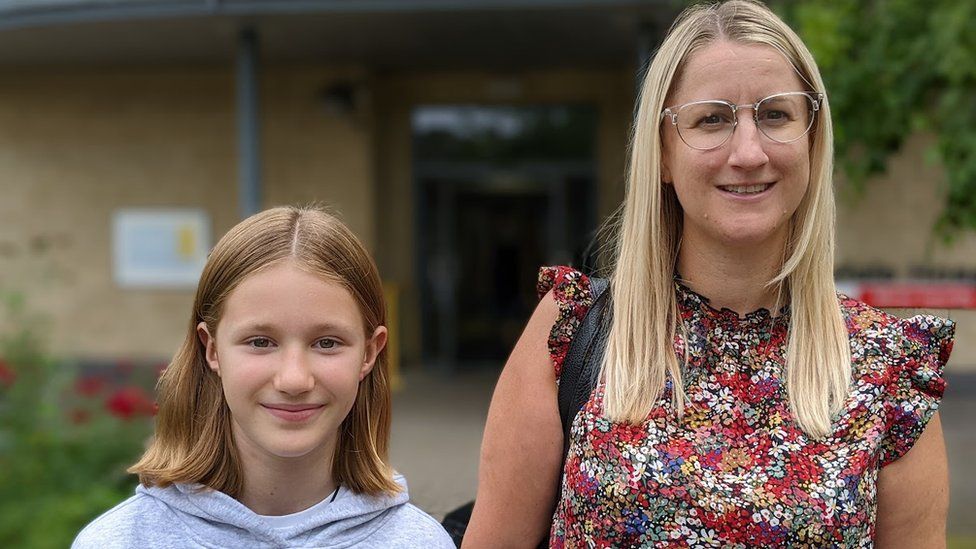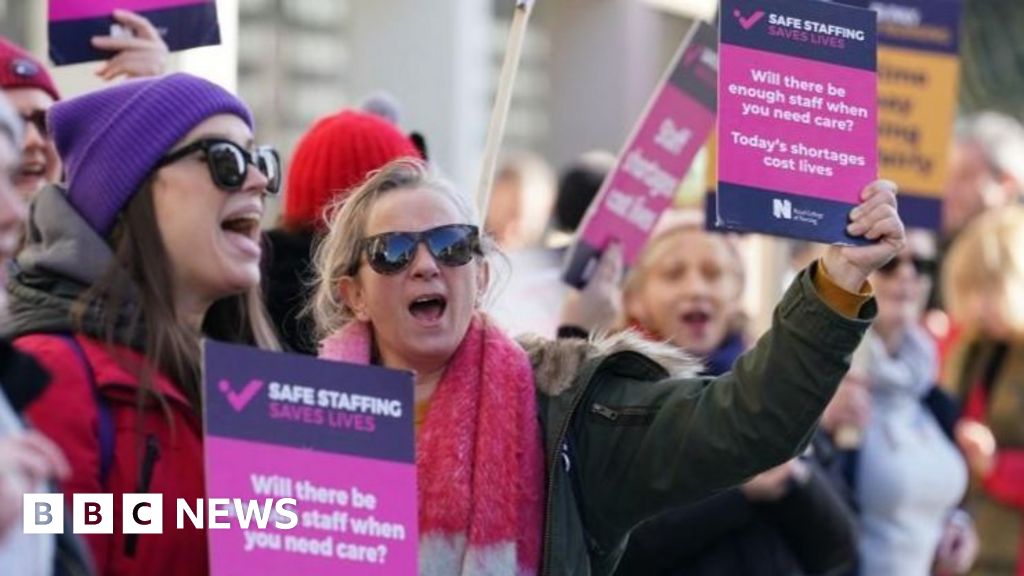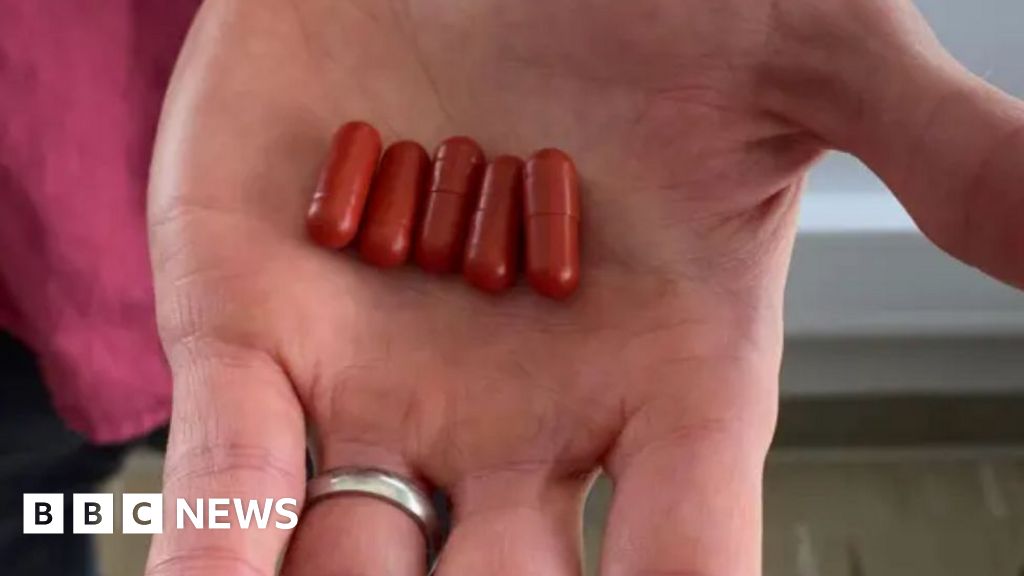ARTICLE AD BOX

Freya (left) said her first session at the specialist clinic had been "brilliant"
The family of an 11-year-old girl with long Covid have said the advice they received from a specialist clinic has been "invaluable".
Freya, from Selby, caught Covid last October and has since suffered from a range of symptoms.
In August, she was referred to the paediatric long Covid hub in West Yorkshire.
Ahead of the appointment, her mother Emma said she was just hoping for anything which could help.
"Life goes on for lots of people, but it has sort of stood still for us in some respects," she said.
Freya was an active, sporty girl until she contracted Covid and the impact of long Covid has meant she has missed a great deal of school.
"I get backache, headaches, rashes, sometimes I get tinnitus, tired all the time," she said.
What is long Covid?
You are deemed as having long Covid if symptoms of Covid-19 have lasted more than 12 weeks.
Recovery varies as some symptoms can improve quickly and others last longer.
The chances of having long-term symptoms does not seem to be linked to how ill you are when you first get Covid.
Possible symptoms of long Covid are extensive but can include brain fog, insomnia, chest pains, fatigue, and anxiety.
NHS England has established 15 regional paediatric long Covid hubs to support and help children with their symptoms.
Freya's appointment was at the hub run by Leeds Children's Hospital.
It operates a monthly clinic at Otley's Wharfedale Hospital and involves a team of health experts helping patients from referral to recovery.
It has seen 26 children since it began in July 2021 and is fully booked until November.
Freya said the clinic had been very "reassuring"
The Office for National Statistics (ONS) latest figures suggest about 3% of the UK population were experiencing self-reported long Covid symptoms as of 31 July 2022.
It said the evidence so far suggests it is more common in adults than in children, but warned its figures are experimental as long Covid is an "emerging phenomenon" which is not fully understood yet.
Dr Avanish Tantry, consultant paediatrician at the hospital, agreed it appeared more common in adults, but said the clinic had received a "steady stream" of referrals since it began.
"We've had some children that have been very much affected by fatigue, a lot of them having emotional issues and mental health issues to the extent they are unable to get out of the house or unable to go to school."
He said a lot of research was being done about how best to treat it, but at present the clinics were about helping families manage the symptoms.
For Emma and her daughter their first session at the clinic offered hope.
"I feel like we've really got some positive help, ways forward and how to manage symptoms, advice and guidance that's invaluable," Emma said.
Freya said it had been "brilliant".
"They gave us lots of advice that could help us. It has been very reassuring and very helpful."
"It feels like a weight has been lifted from my shoulders knowing there are processes in place to help us further," Emma added.
Follow BBC Yorkshire on Facebook, Twitter and Instagram. Send your story ideas to yorkslincs.news@bbc.co.uk
Related Internet Links
The BBC is not responsible for the content of external sites.

 2 years ago
66
2 years ago
66








 English (US) ·
English (US) ·